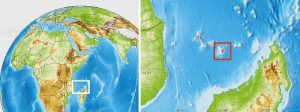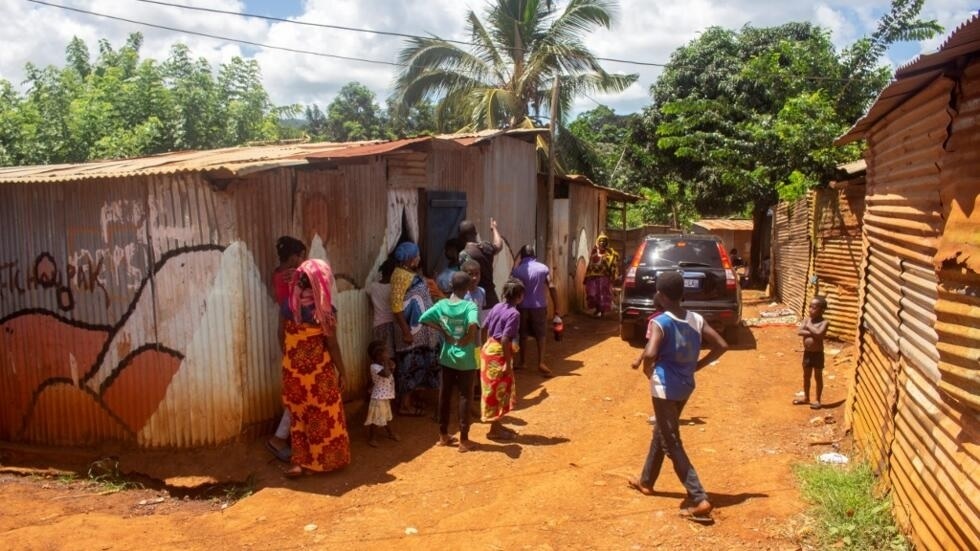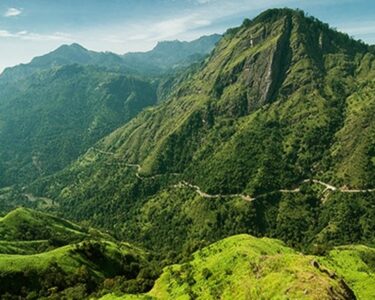Since 2018, there has been an increase in the number of Sri Lankans trying to reach Mayotte and other French territories in the Indian Ocean by boat. However, the majority of these attempts are unsuccessful, and many Sri Lankans are intercepted at sea or deported upon arrival.
Faced with tightening borders in Australia and elsewhere, hundreds of Sri Lankan asylum seekers are instead turning to a new migration route stretching 4,000 kilometres across the Indian Ocean.

since January 2018, at least 291 Sri Lankans have boarded fishing boats or makeshift rafts to reach the tiny French territories of La Réunion and Mayotte off the coast of Madagascar, the UN’s refugee agency, UNHCR, reported

Whats Happening Now
A storm brews amidst the turquoise waters surrounding Mayotte, a French island paradise with a turbulent soul. Its sandy beaches and vibrant culture mask a battleground where French citizenship laws are under siege, tested by the relentless waves of immigration. This tiny island, a mere speck in the Indian Ocean, has become a microcosm of global tensions surrounding national identity, immigration, and the delicate balance between rights and responsibilities.

The crux of the conflict lies in the “droit du sol,” the principle granting automatic French citizenship to anyone born on the island. For many Mahorais, the native islanders, this law has become a double-edged sword. While it promises inclusion and opportunities, it also fuels anxieties about an influx of Comorian migrants, straining infrastructure and resources. This fear boils over in “citizens’ committees” demanding stricter immigration controls and, crucially, the abolition of “droit du sol.”
President Macron’s government finds itself caught in a riptide. Interior Minister Darmanin proposes rescinding the automatic citizenship right in Mayotte, a move met with fierce criticism. The left fears a slippery slope towards discriminatory practices, while the right sees it as a mere first step, demanding the nationwide eradication of “droit du sol.”
This debate transcends Mayotte’s shores. It echoes the global narrative of migration anxieties, questioning the very essence of national identity. Does citizenship hinge solely on birthplace, or should it consider cultural integration and societal responsibility? Can France, a beacon of “liberté, égalité, fraternité,” uphold its ideals while grappling with the realities of demographic shifts?
The answer, like the ocean currents surrounding Mayotte, remains unclear. The government’s proposal faces an uphill battle, potentially manipulated by the right as a bargaining chip for a nationwide change. The left stands firm, protecting the “droit du sol” as a cornerstone of French identity. Meanwhile, the Mahorais watch anxiously, hoping for a solution that safeguards their future without sacrificing their values.
Mayotte’s predicament serves as a poignant reminder that borders are not solely geographical lines, but complex webs of laws, traditions, and anxieties. As the world grapples with migration challenges, Mayotte’s struggle compels us to navigate these complexities with both reason and compassion, ensuring that the pursuit of security doesn’t erode the very principles upon which nations are built.







